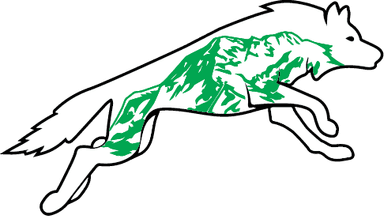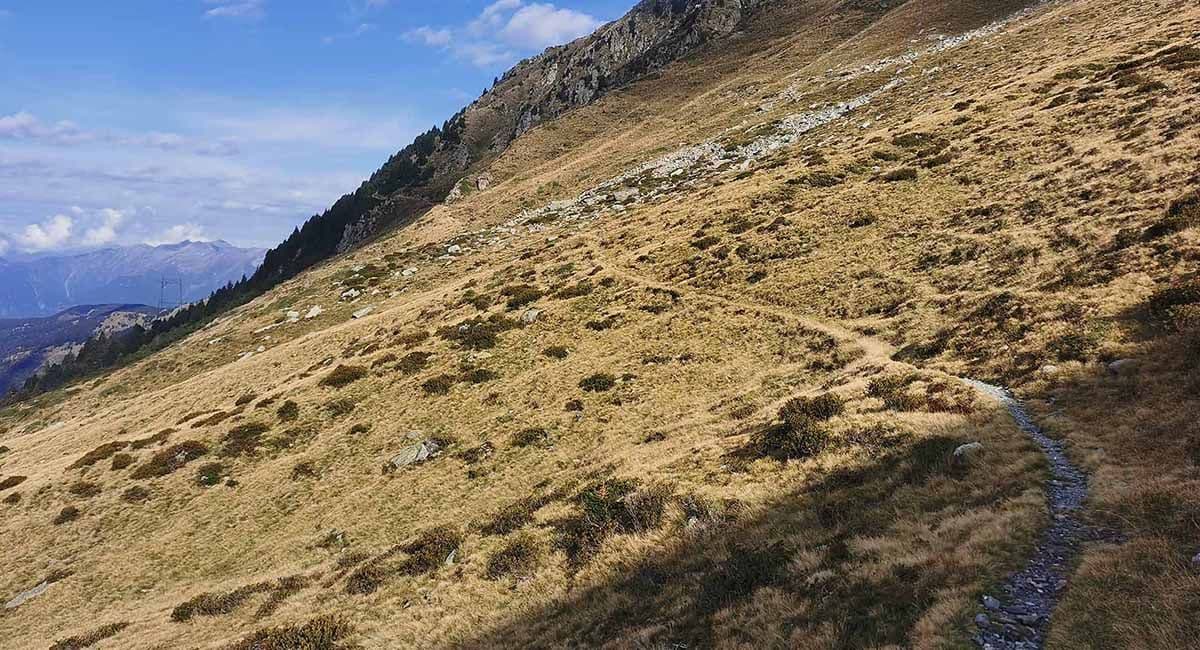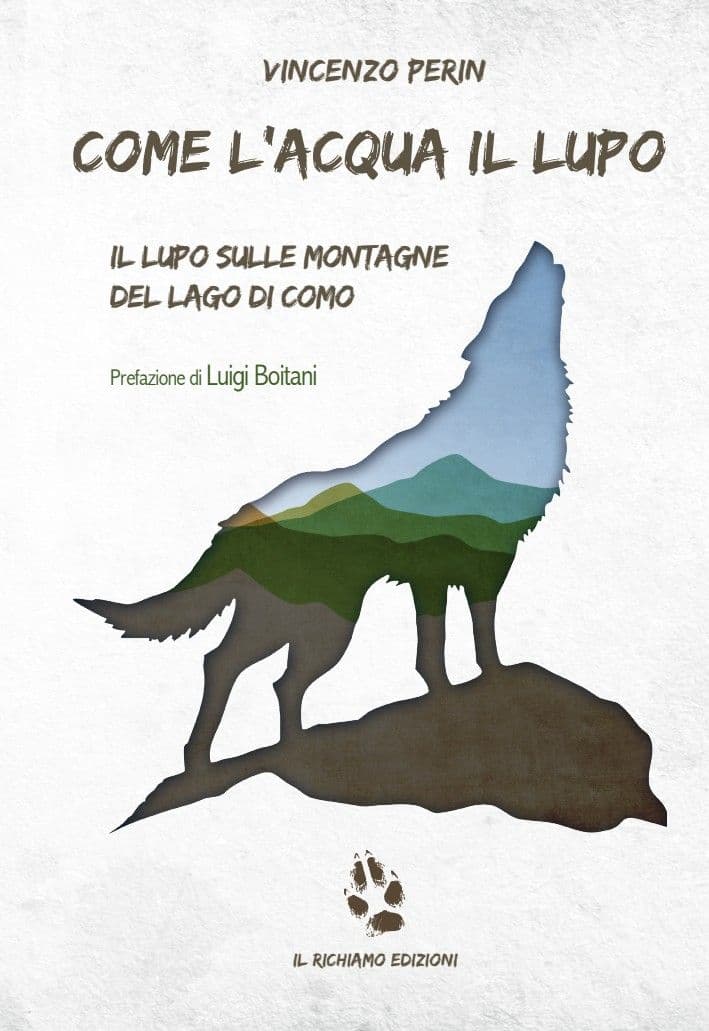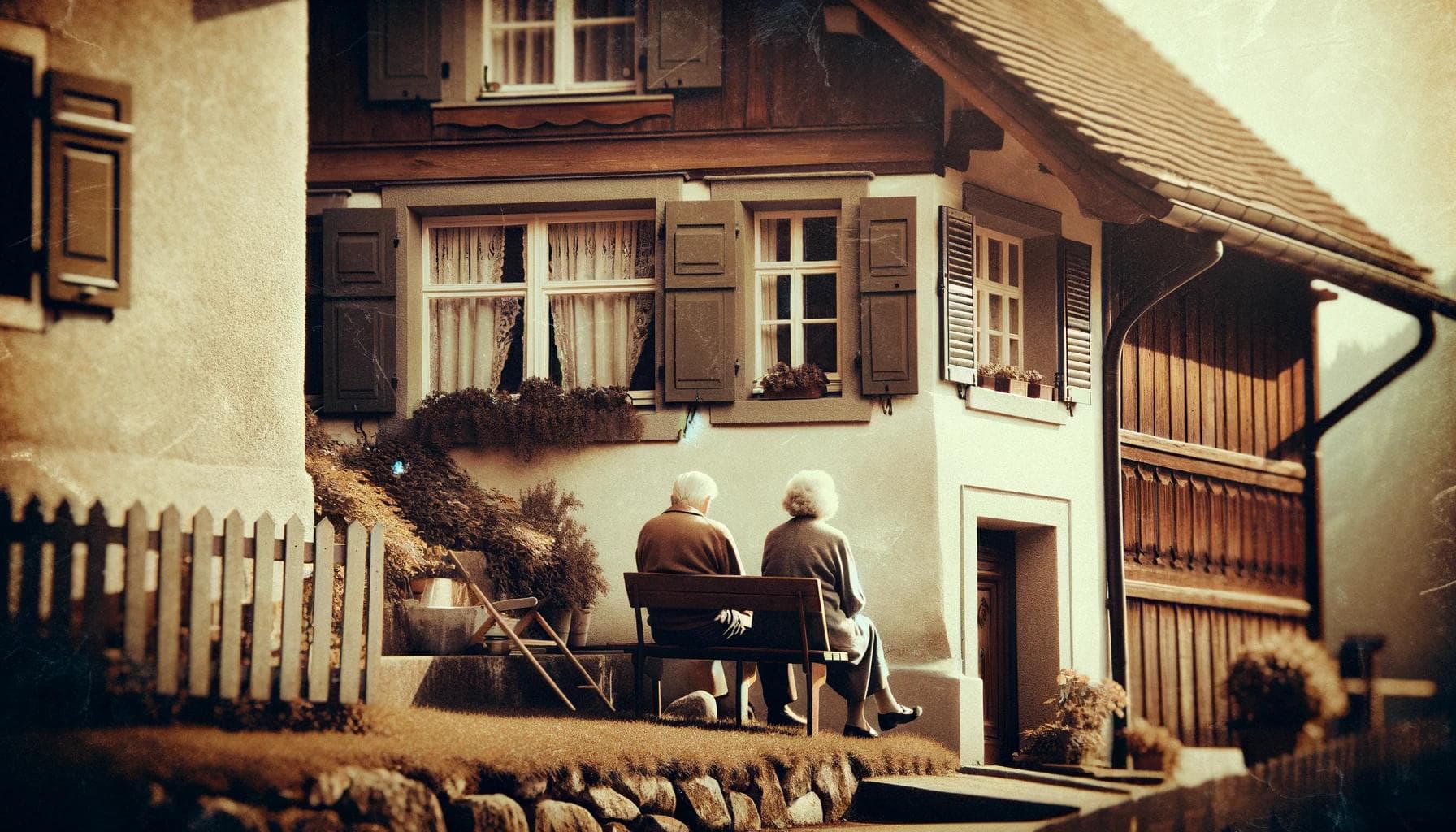
Dialect and Expressions
The voice of the valley
Dialect expressions are the most picturesque and succeed, sometimes better than Italian, in summarizing content, forms and actions. People in every village made and still make frequent current use of terminologies that are often incomprehensible to those who do not experience the local reality. Many are no longer in current use, others have almost disappeared with the cessation or radical change of certain work activities. In all communities there are still ways of saying and doing that are specific to the local reality. In Canton Ticino, more markedly than in other places, dialects changed from village to village and were, as they still are, often incomprehensible even to those who habitually speak the dialect. Enumerating all those expressions would be a daunting task even for specialists in the subject. However, it seems interesting to list these terms that refer to particular objects and have withstood the changes of time. Here then we find:
- la càspera ( the washed ladle)
- el spresü (the wooden support to evacuate the whey, following the shaping of the cheese paste),
- el garbél (the round wooden mold that was filled with the cheese paste),
- la penàgia (the churn),
- el penagìn (the follatoio to stir the cream into the churn and make butter from it),
- la cazìna (square wooden ladle to remove the cream from the conca)
- la mascarpa (the cottage cheese), la balòta (the cheese paste)
- el ciüs (the pig stall), el cudé (the whetstone holder for sharpening the hay scythe)
- la scròscia (the wooden handle on the handle of the hay scythe)
- el campàsc (the large basket for carrying hay), el cavàgn (the wicker basket)
- la füsèla (the wooden tool, with a hole to pass rope through it, used to tighten bundles of hay)
- la rùncia (the billhook)
- la falc (the sickle for cutting branches)
- el scàgn (the wooden seat with four legs, or the one used for milking that had only one leg in the middle)
- el calnàsc (the bolt)
- el balìn (the straw mattress for sleeping)
- el trüsél (the wooden ladle for making polenta)
- el brunz (the cast-iron pot for polenta)
- la rànza (the hay scythe)
- el beröö (the mutton)
- el bòcc (the male goat)
- el francés (the pig)
- el bo (the ox)
- el fuìn (the marten)
- el talpìn (the mole)
- la cüsa (the squirrel)
- la varòzza (the groundhog)
- el cìs o curbàtt (the buzzard)
- l'urôch (the owl)
- el tàss (the badger)
- el scurzùn (the snake or non-poisonous coluber)
- el sèrp (the poisonous snake)
- el güdàzz (the godfather)
- la güdàzza (the godmother)
These expressions are mostly related or related to the peasant world. Others refer to objects, tools, furnishings or clothing such as:
- el piudé (the poplar roof)
- la lobbia (the balcony along the wall of a building)
- el pugiöö (the balcony)
- el risciö (the cobblestones)
- la purtèia (the wooden gate to fence off the vegetable garden or fields)
- i canchen (the hinges)
- i söi (handcrafted wooden clogs, often nailed)
- el vadì (the spade)
- el girabachìn (the hand drill)
- el grôbi (sucker/drill for making large holes in wood)
- el vasél (the barrel)
- la furcelìna (the fork)
- el cügià (the spoon)
- la marna (rectangular-shaped wooden vessel for kneading meat)
- el spüsc (handle on the top of which was strung a square wood, which was beaten on chestnut husks)
- i ferü (the boiled chestnuts)
- i mundàt (the chestnuts roasted in a pan)
- i pômm (the potatoes)
- i pômm da pianta (the apples)
- i pisöö (the pears)
- i frun (the strawberries)
- i gistrùn (the blueberries)
- el caldiröö (the copper pot for polenta)
- la bisàca (straw mattress filled with beech or corn leaves)
- la curéngia (the belt)
- i pedü (the slippers or peduli)
- el marzinìn (the jacket)
- la pelànda (the priest's overcoat)
- la sòca (the woman's robe)
Other expressions or idioms:
-Desdàsi (awkward)
- el pô (the vase, from the French pôt)
- give someone a fich (a punch, distorted from the English fight)
- gràm cum'è arzini (sour like arsenic)
- èl pudeva basà na cavra in mezz ai corn (he could kiss a goat between the horns so thin he was)
- magru cum'è un picch (thin like a pickaxe), l'eva ciôcch cum'è un minìn (drunk as a skunk)
- balandràn (qualunquist),
- ciraciòra (talking in circles about everything)
- brôzz cum'è un ladru (dirty like a thief)
- güzz cum'è l funt d'ûna tina (sharp as the bottom of a vat)
- stüpit cum'è un'oca (stupid like a goose)
- bambu (foolish)
- a büt e sgarbütt o un tant al toch (to the point)
- ignurànt cum'è un bo (ignorant like an ox)
- matt cum'è un caval (crazy like a horse)
- drumì cum'è una varozza (sleep like a groundhog)
- svèlt cum'è un gatt da marmu (quick as a marble cat)
- un vöia da fànn saltum adòss (lazzarone)
- catìff cum'è l'ai (as bad as garlic)
- bun cum'è l pàn (as good as bread)
- falz cum'è Giüda (false like Judas)
- cürius cum'è na cavra (curious like a goat)
- slôzz cum'è un puiö (as wet as a chick)
- stùrn cum'è na campàna (deaf as a bell)
- scrubiò (foolish)
- l`è cumè lavach el cü a l` àsen negru (it`s wasted effort)
- margnifùn (who can navigate it)
- sprüìt (squeezed)
- masàcru (poor man)
- mangia pan a tradimént (to eat on the cheap)
- tirà sü i calzètt (get married)
- schivà l'ulìva (get rid of a problem)

